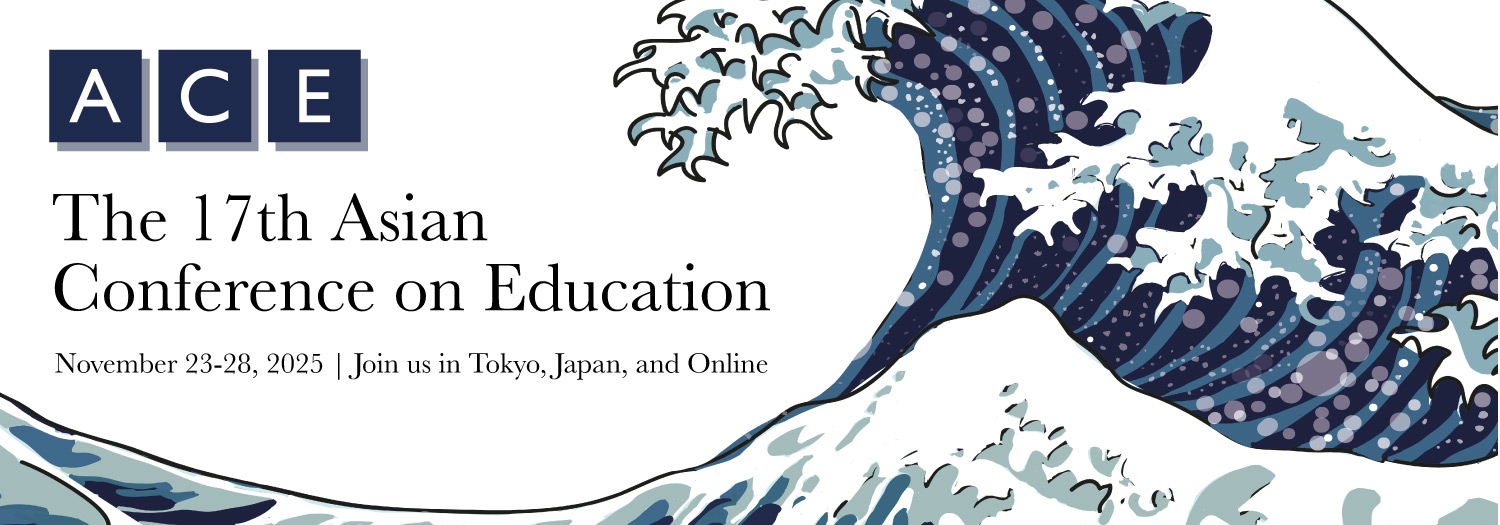Presentation Schedule
Positive Emotion and English Performance Test Scores Among Chinese EFL Students on a MOOC Platform: A Mediational Model of PERMA (87271)
Session Chair: Danyang Yue
Wednesday, 27 November 2024 10:45
Session: Session 1
Room: Room 601 (6F)
Presentation Type: Oral Presentation
Language learning psychology shows that personality and psychological traits impact learners’ academic performance. Massive Open Online Courses (MOOCs) have transformed language learning by providing flexible and accessible English learning opportunities. Despite this, concerns about students’ holistic development and well-being in online environments persist, especially due to the lack of face-to-face interaction. However, there is limited research on the positive psychology of language learners, particularly on well-being constructs like Positive Emotions, Engagement, Relationships, Meaning, and Accomplishment (PERMA), particularly within language MOOCs. This study explores the predictive role of positive emotions on English performance test scores among Chinese learners of English as a Foreign Language (EFL) on MOOC platform, focusing on the mediating roles of engagement, relationships, and meaning by using the PERMA model of well-being. A descriptive-correlational and causal research design was employed. Data were collected from 350 college-level learners via an online survey, including standardized English test scores and validated questionnaires for PERMA dimensions. Structural Equation Modeling (SEM) was used to test the hypothesized relationships and mediation effects. Results showed significant correlations between all PERMA dimensions and English learning outcomes. Positive emotion significantly predicted English performance, with engagement and positive relationships significantly mediating this relationship. The mediating effect of meaning was not significant. These findings highlight the importance of understanding the positive psychology of language learners in achieving English proficiency. The study offers directions for future research and pedagogical implications for foreign language educators and MOOC providers.
Authors:
Danyang Yue, University of Malaya, Malaysia
About the Presenter(s)
Yue Danyang, Ph.D. candidate at the University of Malaya, is focused on English Educational technology. Currently, she mainly focuses on the impact of positive psychology and self-regulated learning strategies on English Performance on MOOC platform.
See this presentation on the full schedule – Wednesday Schedule





Comments
Powered by WP LinkPress